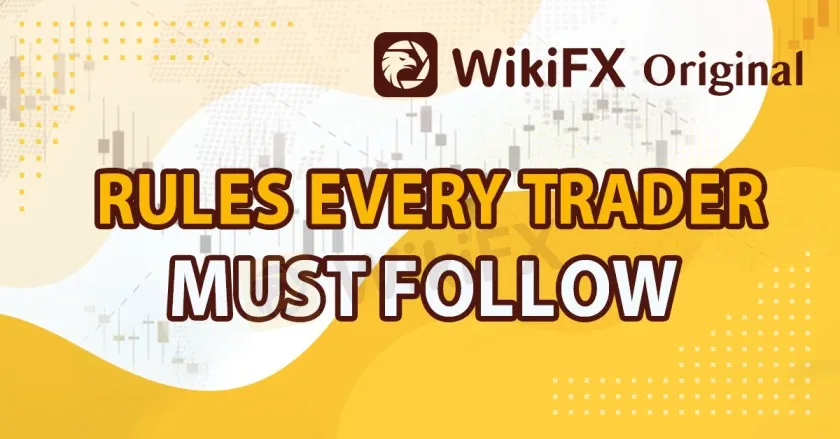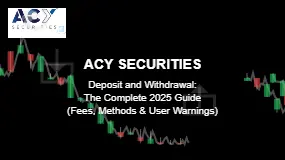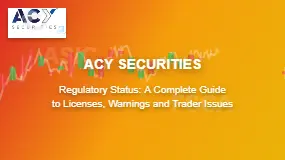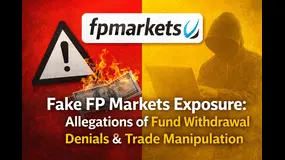Abstract:Making money in the currency markets is not hard. In fact, it is simple to the extent that even a 5-year-old kid could be profitable if he follows through with all the trading rules he was taught.

Making money in the currency markets is not hard. In fact, it is simple to the extent that even a 5-year-old kid could be profitable if he follows through with all the trading rules he was taught.
Paradoxically, most traders still lose money in this seemingly simple game. Readers could refer to our article titled “Why Do Most Traders Lose Money?” here at https://www.wikifx.com/en/newsdetail/202203296214432299.html.
The catch is this:
Although simple, trading is not easy.

This week, we will highlight 3 rules that could help simplify your trading to reduce the chances of being forced out of the game – if you stick to them as much as possible.
1) Trade the markets, not your expectations
Trading is a game of collective psychology. Most of the time, the price does not move according to its fundamental value. Instead, it is driven by the perception of market participants.
While nobody puts their money on the line expecting to incur a loss, most traders tend to trade with their imaginations. They trade what they wish to see instead of what the market presents them.
One killer example is breakout trades, which trap many traders. Taking a position right at the resistance point hoping that the price could skyrocket after a breakout often leaves traders disappointed and at a loss. Try looking back at your trade records and identify how much losses that were incurred from taking such breakout trades without confirmation? There is no shame in admitting this mistake if that helps you improve in the long run.

2) Give up on finding the holy grail indicator
Acknowledge and accept that all indicators are always one step behind the actual price action, no matter how sensitive and accurate it claims to be. Trading is all about price in volatile situations – which price to take an entry and which price to form an exit. A trader could improve his performance by putting more effort into studying price action instead of trying to fill his charts with fancy indicators.
An indicator should be used as a confluence to support ones strategy, but it should not be the sole reason a trader decides to take a position. There is no golden indicator which could guarantee profits because if there is, everyone would be a winning trader.
3) Be disciplined
To be successful in trading, a trader should develop a trading strategy that suits his personality and trading style. However, having a strategy in place and being able to execute in accordance with that strategy confidently are two different topics. The key ingredient here is discipline.
When a trader is disciplined, he knows what to do and when to do it with precision. This is equivalent to a good driver who knows when to step on the accelerator and when to hit the brake.
Discipline is a habit that could be developed over time. A few examples of daily practices for traders are consistently journaling and reviewing trades, backtesting strategy, and having a checklist to prepare themselves before the start of a trading day.

In summary, being a consistently profitable trader is an ongoing journey that needs a lot of patience accompanied by experience over time. Nevertheless, it is a growth process that is worth going through. May all traders get to the land of profits unscathed!
<WikiFX Malaysia Original – Editor: Fion>













